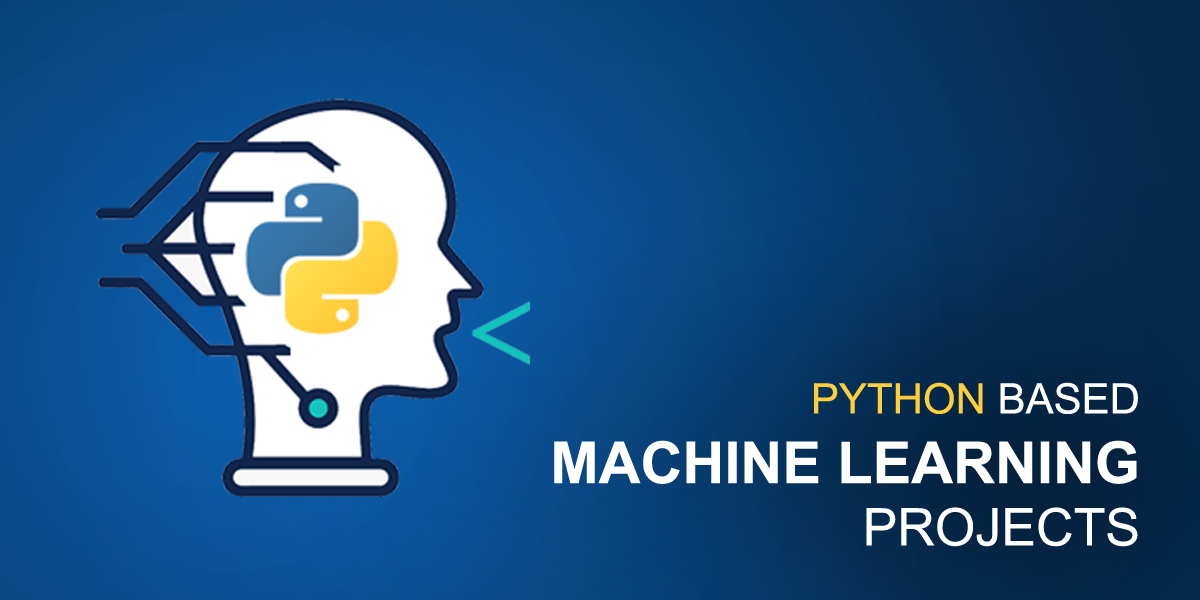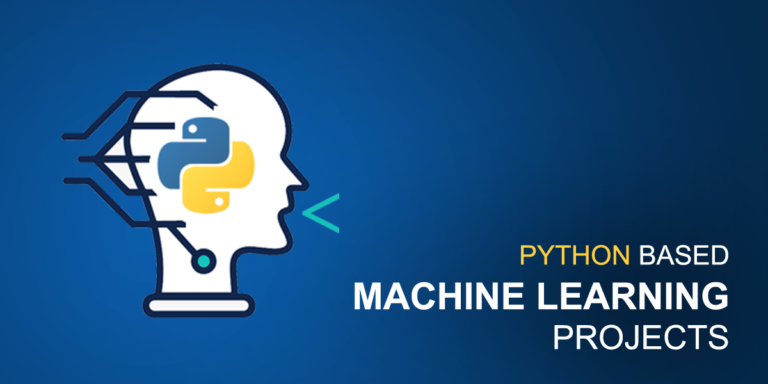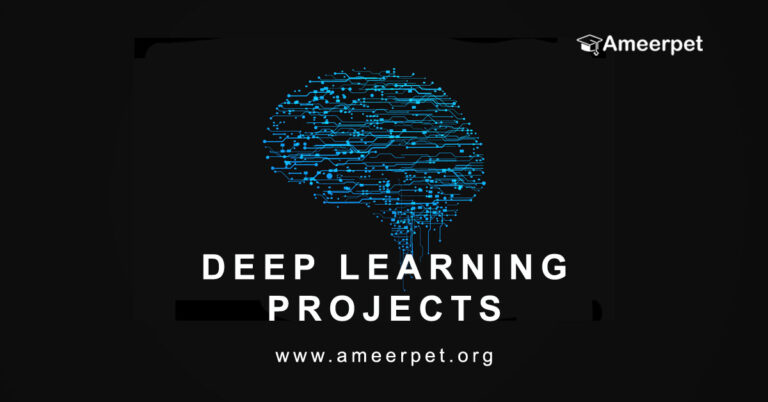
Abstract:
Modern semantic segmentation methods require labeled data and require fine-tuning to work on unseen classes. Thus, few-shot segmentation proposes learning a model that quickly adapts to new classes with a few labeled support samples. Due to improper use of high-level semantic information of training classes and spatial inconsistency between query and support targets, these frameworks still reduce generalization ability on unseen classes. PFENet addresses these issues. It uses a training-free prior mask generation method and a Feature Enrichment Module (FEM) to overcome spatial inconsistency by adaptively enriching query features with support features and prior masks. Extensive PASCAL-5 i and COCO experiments show that the proposed prior generation method and FEM significantly improve the baseline method. PFENet outperforms state-of-the-art methods without efficiency loss. Our model generalizes to unlabeled support samples, which is surprising.
Note: Please discuss with our team before submitting this abstract to the college. This Abstract or Synopsis varies based on student project requirements.
Did you like this final year project?
To download this project Code with thesis report and project training... Click Here


